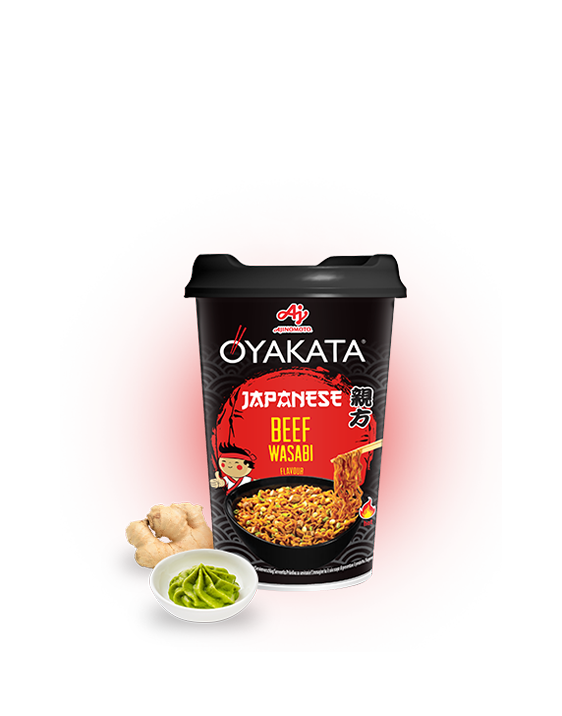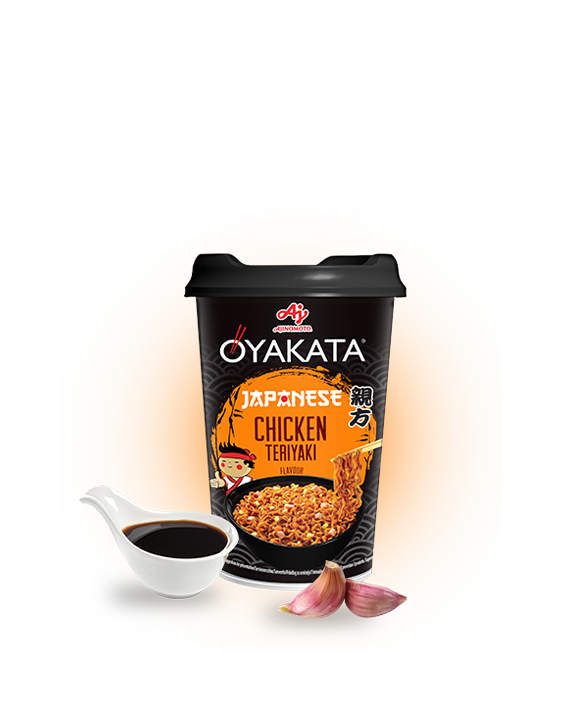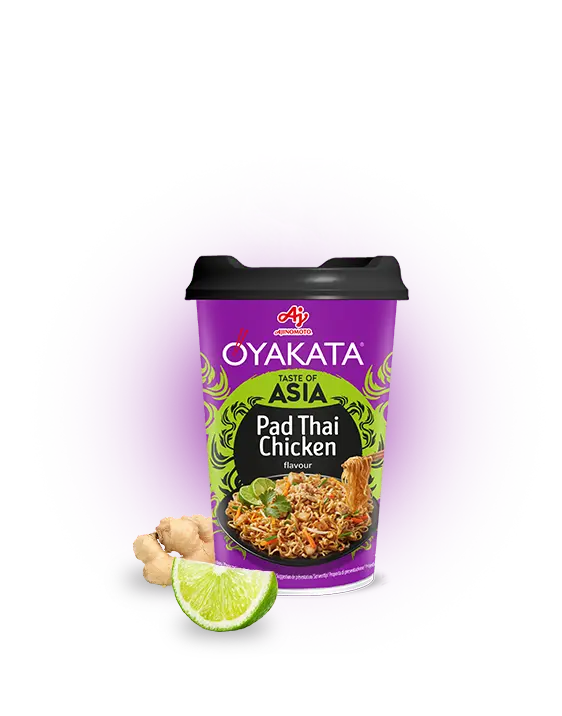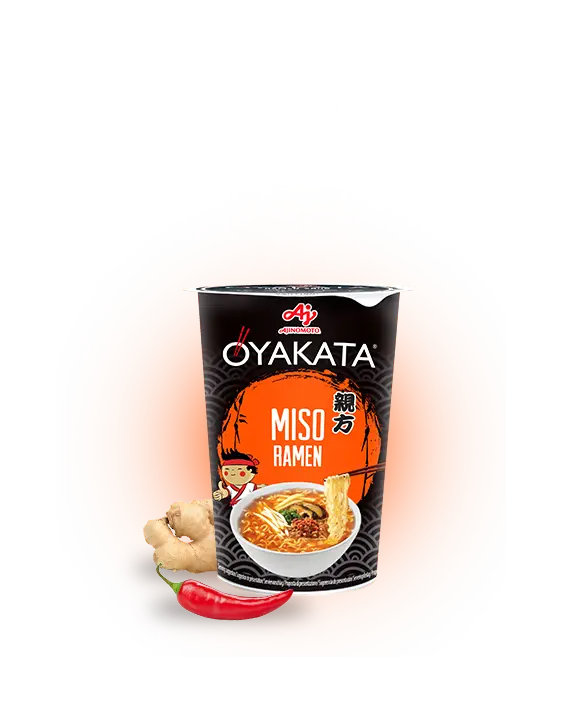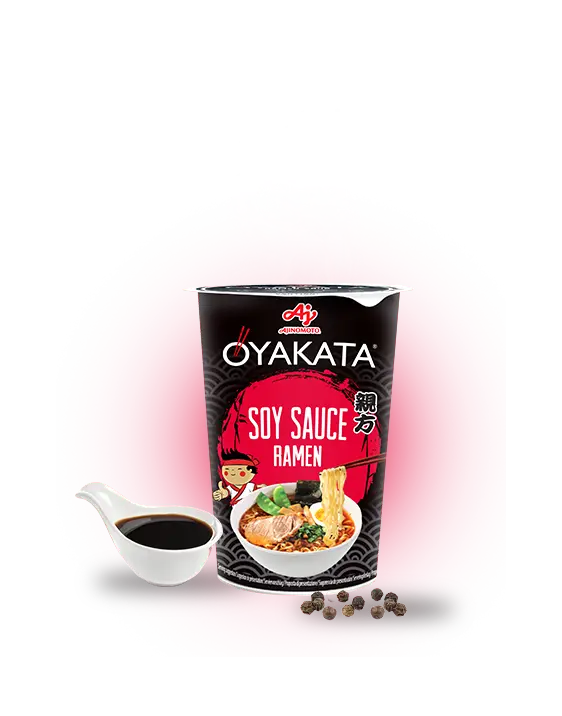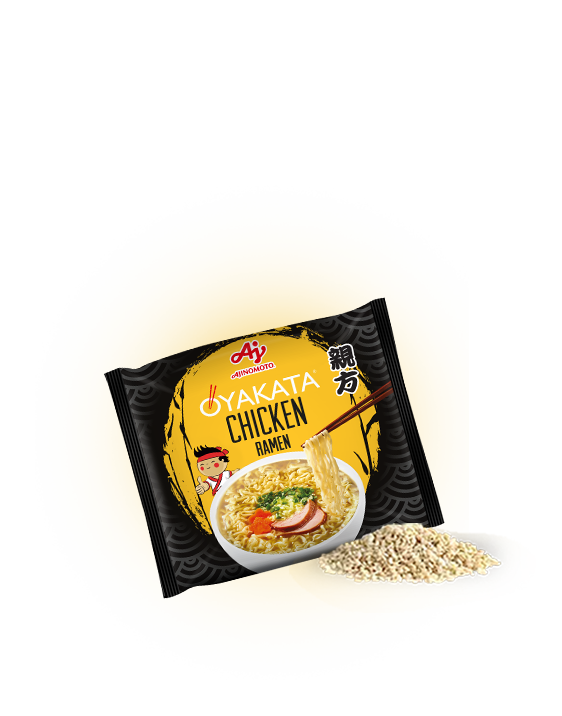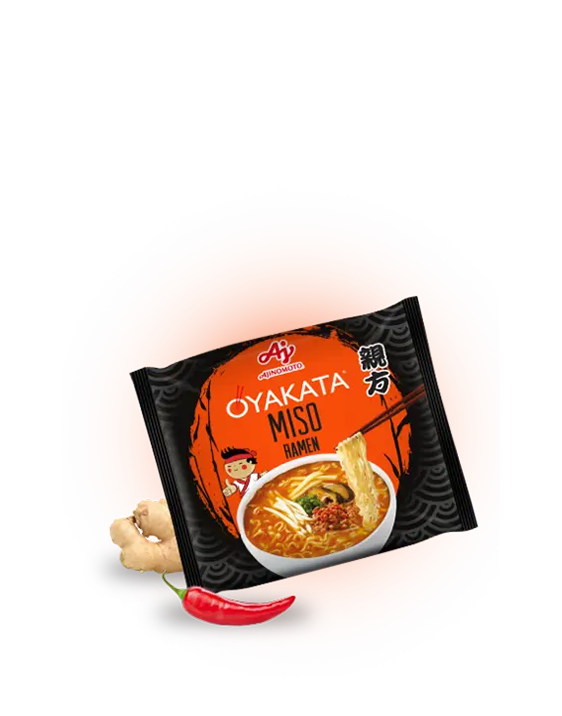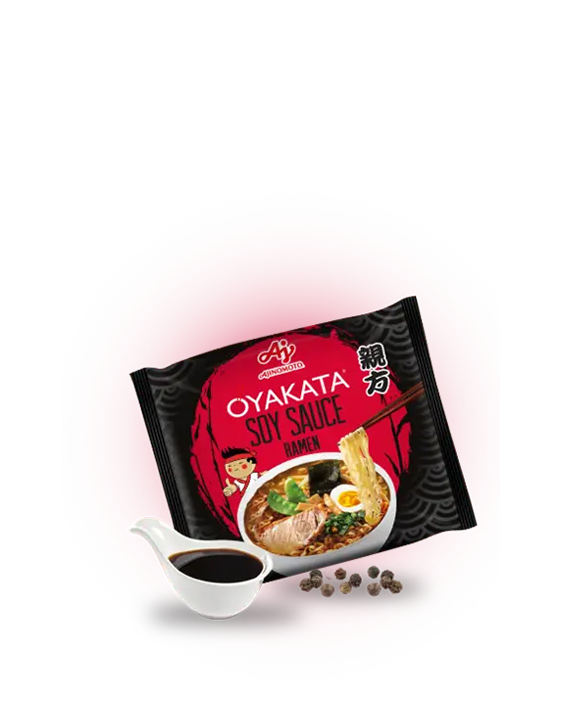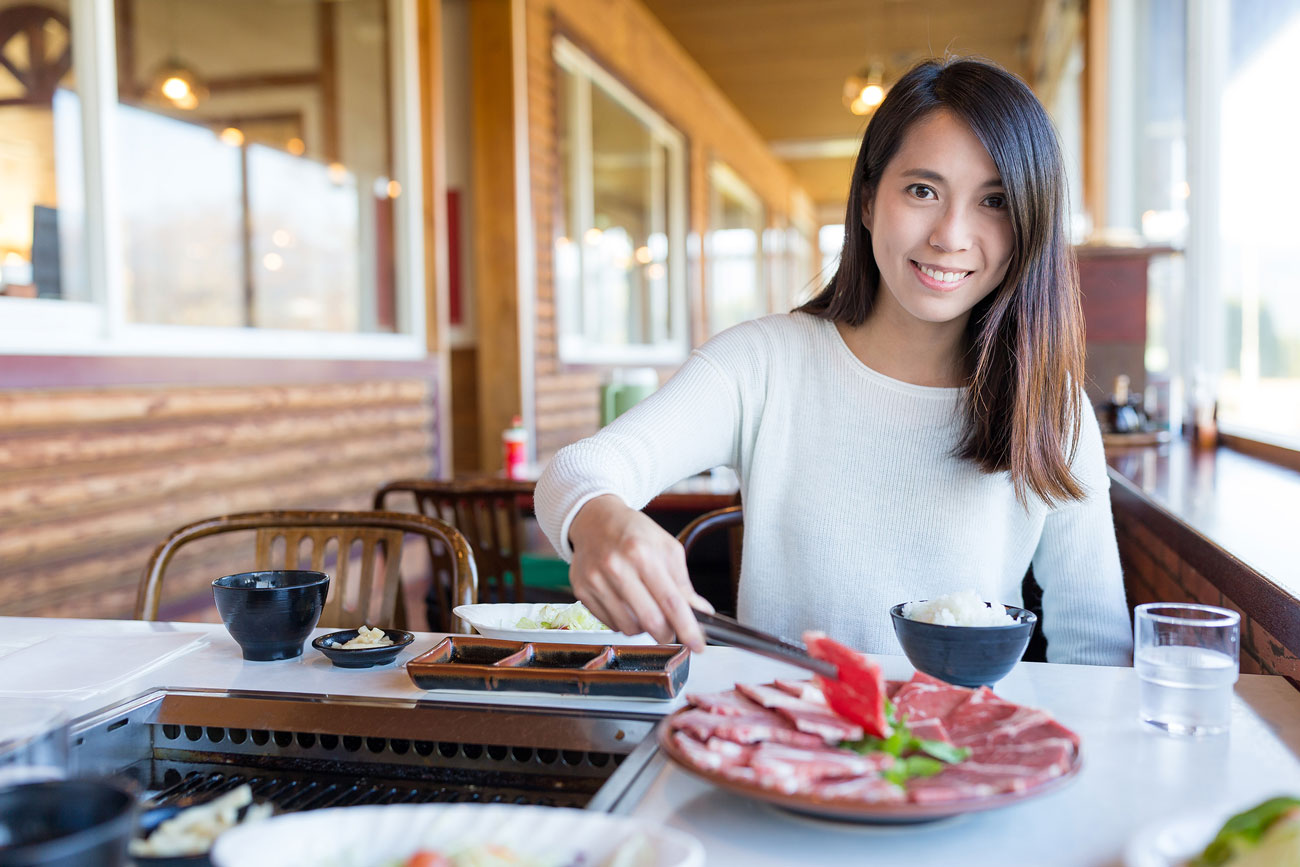

MASTER'S BOOK
HOW TO EAT IN A JAPANESE RESTAURANT?
How to eat in Japan?
The Japanese find table manners to be of great importance. The eating culture is highly developed in Japan, so be careful not to make a faux pas, whether in a restaurant or during a dinner in your Japanese friends’ place. They often have meals in rooms designated specifically for that purpose. Low tables and the mats on the floor (tatami) form an element of Japanese culture.
In a Japanese house
Whoever visits a Japanese at home for dinner or supper should respect local rules. You never walk onto tatami in your shoes – this could damage the mats or leave smudges. Remember to take off your shoes as you enter the house of your host. This is connected with showing your respect. Choosing your place at the table, do not take the seats of other guests and remain on the mat you have picked. The best seat is left for the for the host. After the meal, put all the dishes and chopsticks aside exactly where we took them from.
Seiza, or a way of sitting
The etiquette of eating meals in Japan is so important that its inhabitants have even developed a specific way of sitting, known as “seiza”. It applies to both women and men. Men kneel down with their body against their heels or they sit with their legs crossed, while women may put their legs on one side of their body. Women crossing their legs would be seen as bad-mannered or even offensive.
How to eat in a Japanese restaurant?
The customs in restaurants are similar to those in Japanese homes. While in a Japanese restaurant, you should mind your behaviour and manners Sushi is eaten according to specific rules. Start by having the rice from the separate bowl (do not mix it with sauce). Then eat the sushi, dipping it gently in the sauce. If you are having a soup, first use the chopsticks to eat the solid pieces and then drink the broth. Curiously enough, it is permitted, or even recommended, to slurp while eating soup. This gesture is supposed to mean that we are enjoying the meal.
How to behave in a Japanese restaurant?
The Japanese put great emphasis on the very process of eating. As a result, expect to be discretely observed while in restaurants. On no condition may you blow your nose at the table, wave the chopsticks around, sink them into rice or use them to point at objects or people (this is associated with mourning customs). Once you have finished your meal, do not call the waiter to settle the bill – always pay at the checkout. Never leave a tip – service is always included in the bill.
The culture of difference
Japanese culture differs from European culture almost in every sphere of life. People in Japan pay attention to some details that we may take as something natural. If you are going to Japan, make sure that your behaviour is appropriate in various situations. It is a good idea to learn a bit about Japanese savoir vivre first.
